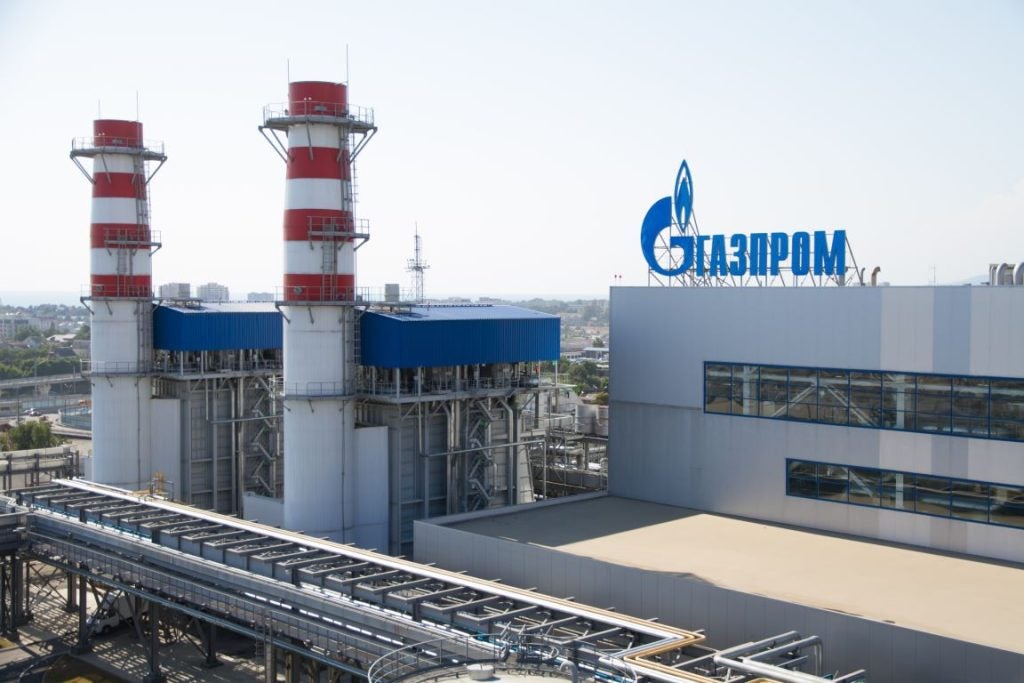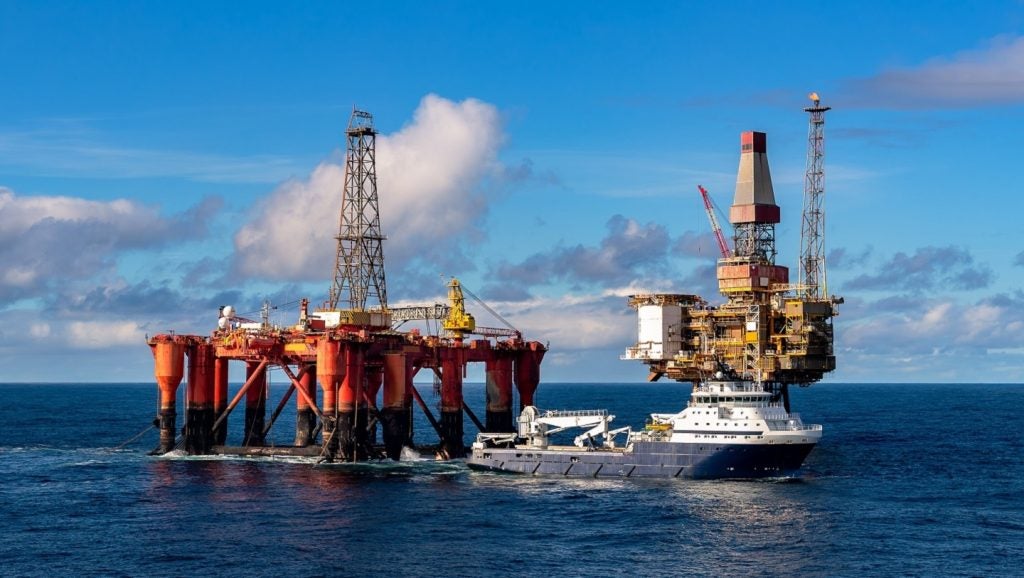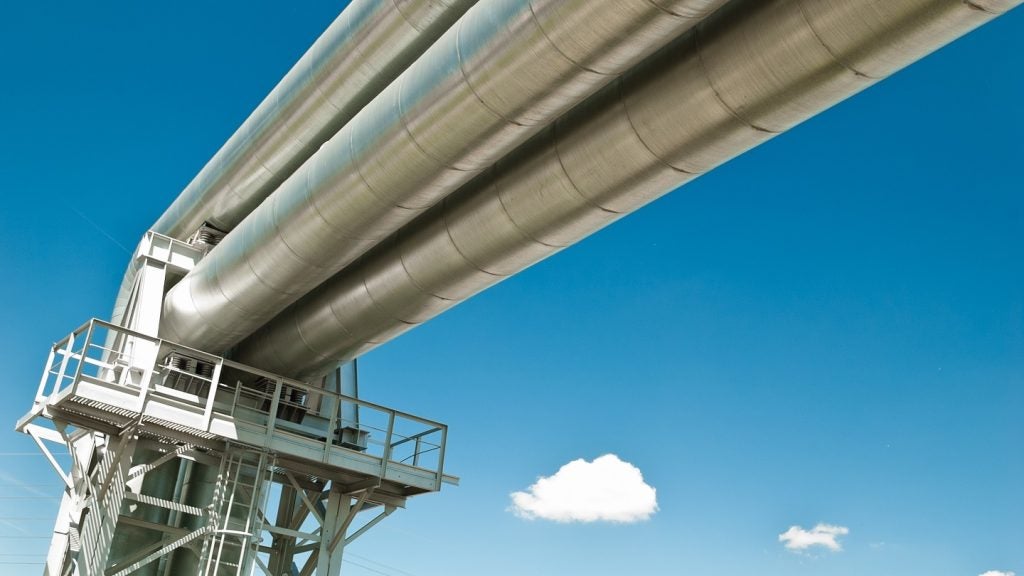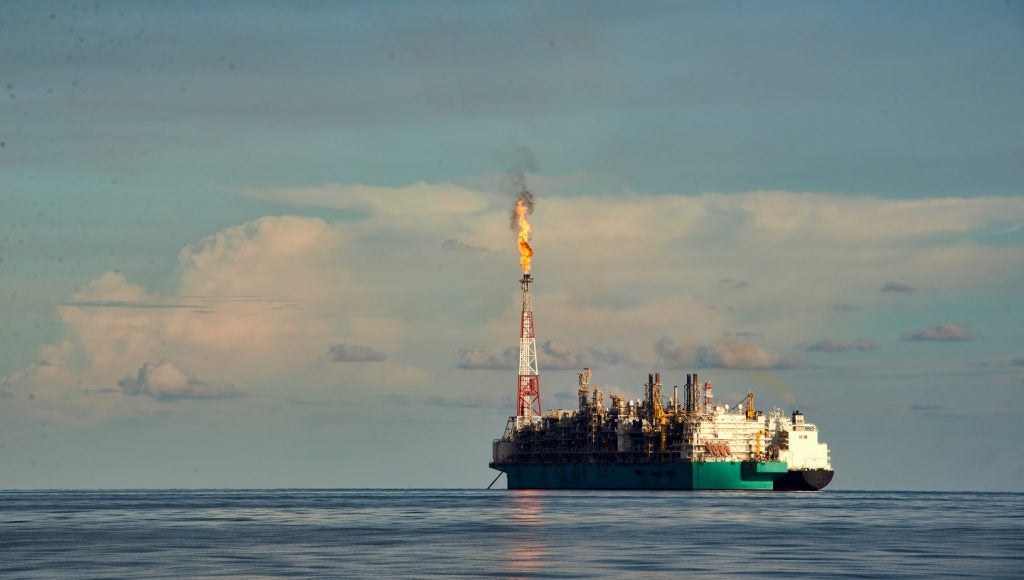A Russian energy ministry revealed in Tuesday’s parliament meeting that the country plans to defend its oil and gas facilities with missile systems.
Artyom Verkhov, director of the energy ministry’s Department for Gas Industry Development, said: “We are jointly working, including with colleagues from the Russian National Guard, to cover objects, on installing, accordingly, protection systems such as Pantsir,” as reported by Reuters.
Since the beginning of this year, Ukraine has been attacking Russian oil refineries to stop the country’s army from advancing and to weaken its military.
Ukraine’s drone attack on 12 March damaged two Russian oil refineries in the Oryol region, according to Russian authorities. Russian state-owned news agency RIA said that two drones attacked the Kstovo industrial zone, a fuel and energy complex facility, resulting in a fire at one of the oil processing refineries.
Industry sources told Reuters that the main crude distillation unit (AVT-6) at the NORSI refinery was damaged by the attack, halting at least half of the refinery’s production. According to Reuters, NORSI refines around 15.8 million tonnes of Russian crude a year – 5.8% of the country’s total refined crude – and approximately 4.9 million tonnes of gasoline, which accounts for 11% of Russia’s total gasoline output. Additionally, it produces 6.4% of the country’s diesel fuel, 5.6% of fuel oil and 7.4% of its aviation fuel.
According to an article in Russia’s state-owned energy giant Gazprom’s corporate magazine, Oleg Aksyutin, deputy chairman of the board of Gazprom, stated that the company intends to achieve a 100% level of network gasification by 2030 and is actively collaborating with various regions through five-year programmes to achieve this goal.
“It is expected that due to gasification and post-gasification alone, the increase in demand in the domestic market could reach nearly 20 bcm [billion cubic metres] by 2030,” the article said.
Gazprom is currently working on two new projects: the Amur Gas Processing Plant and a complex for processing ethane-containing gas near the village of Ust-Luga.
The successful implementation of these projects will significantly increase Gazprom’s gas processing volumes, tripling the current capacity. According to Aksyutin, the total processing capacity of raw materials will exceed 150bcm.















